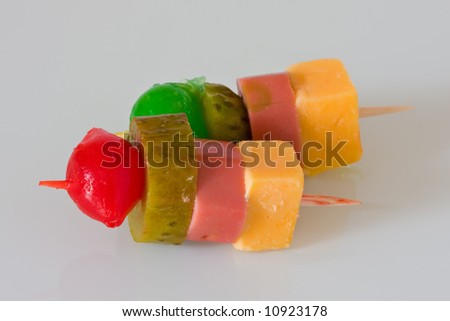 Anita tagged me. I believe she thinks I don't like being tagged, but she couldn't be more wrong. I love being tagged. Unlike Tracy, who pretends to be put out by the obligation, I relish the opportunity to talk about the one topic I both know and love--me.
Anita tagged me. I believe she thinks I don't like being tagged, but she couldn't be more wrong. I love being tagged. Unlike Tracy, who pretends to be put out by the obligation, I relish the opportunity to talk about the one topic I both know and love--me.You don't know how often I start to blog and then stop and say, "Come on, Murph. Think of your readers. I know you love talking about yourself and yes, it is true that you live a fascinating life full of dangerous escapades like drinking milk even though it's supposedly expired, but it is possible, just possible, that your readers don't feel quite the same way." And then I delete the entire post about exactly how I beat LSU in College Football 2007 on my X-Box or how I found an old Cheeto between the couch cushions and just for a second considered eating it or how Quality Dairy has chocolate milk on sale. And I write some lame review about a book that garners five lousy comments instead.
But being tagged gives me permission--no, it demands that I tell you all about my inspirational existence. And so, without Freddy Adu...
Where was I five years ago?
I can't remember five days ago. Not kidding.
Where would I like to be five years from now?
Doing exactly this. Blogging about myself so that five people can read it and three people can comment. That would be so awesome. Personal growth and ambition are overrated anyway. I prefer the Vanna White method of self-improvement: Find something anybody can do and stick with it.
What was on my to-do list today:
- Pick up new dining room set from furniture store. Did it.
- Put set together. Yeah, right.
- Mow the lawn. Figured it could wait another day.
- Write blog post in which I answer questions nobody cares about. In fact, I'm betting most of you have already considered clicking off here.
1. Cheetos
2. Combos
3. Just about anything on a toothpick (see photo above)
4. Pringles
5. Ice Cream
If I Were a Billionaire I Would:
Wait until the Powerball jackpot reached $300 million. I would then buy 196 million tickets because the odds of winning are about 1 in 195 million. I would buy every possible combination, therefore insuring my victory. Provided I don't have to share any jackpots, I would make a profit of about $100 million each time I did this. I would then write a book called How to Win at Powerball--Guaranteed! and make infomercials like that Kevin Trudeau guy. And when people saw me, they'd say, "Hey, I recognize that guy from somewhere." And someone else would say, "Yeah, I think he sells food dehydrators." And the other guy would say, "No, that's not it."